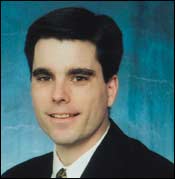
Support authors and subscribe to content
This is premium stuff. Subscribe to read the entire article.
Login if you have purchased
Embla Medical posted its interim first quarter (1Q) results during a conference call on April 23. Highlights included: Sales amounted...
Read more
© 2024 The O&P EDGE